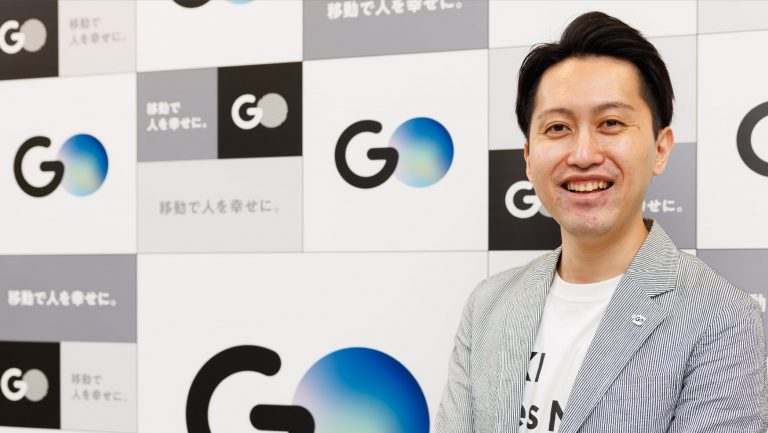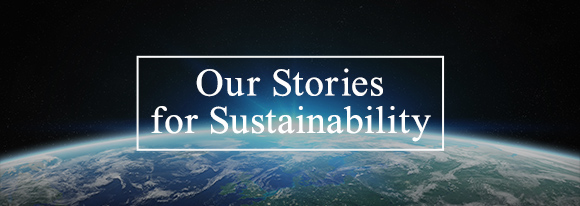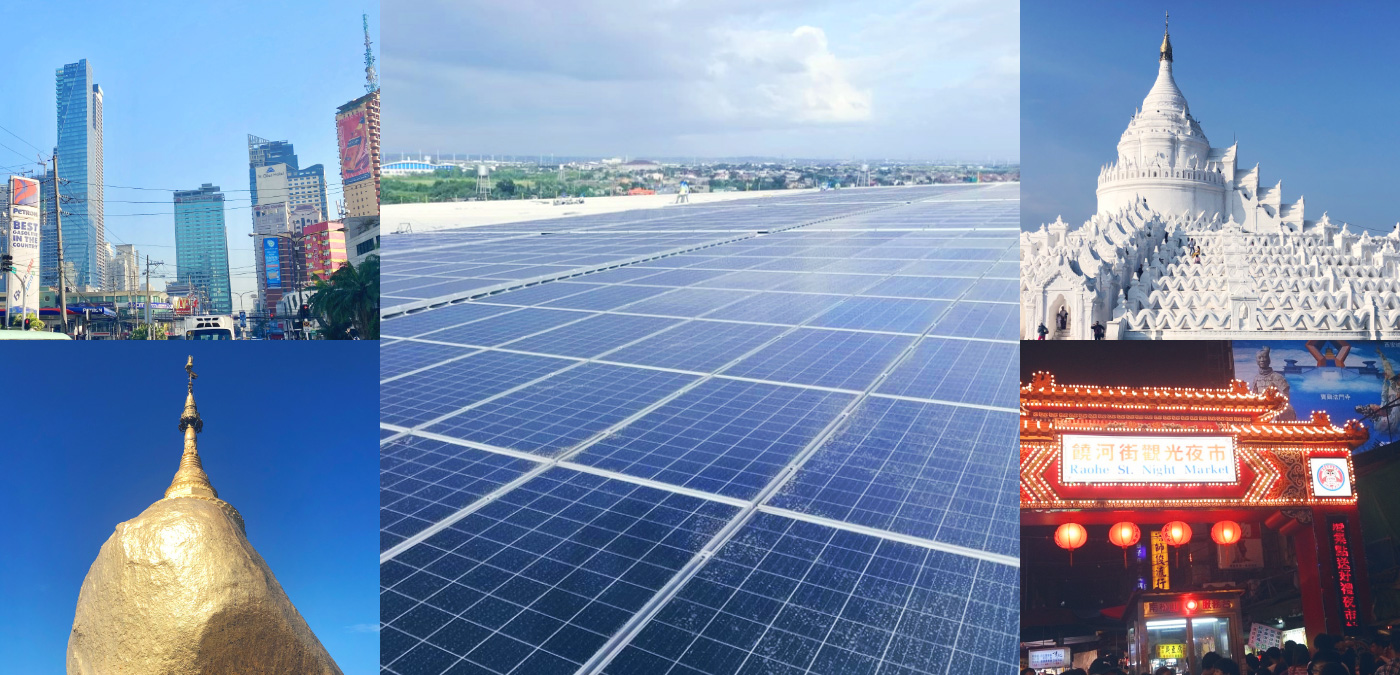
Decarbonization as the norm in the next few years—core members of TC’s JCM projects on their aspirations to help solve the world’s environmental problems
Jul 28, 2021
Tokyo Century has created eight Joint Crediting Mechanism (JCM) projects to help companies address environmental issues toward creating a decarbonized society. We interviewed the core members of Tokyo Century's JCM business so they could share what they find challenging and fascinating while engaging in the JCM business as well as their thoughts on resolving environmental issues.
Our mission is to solve the world's environmental problems through the JCM. First of all, what are your roles in the JCM business?

Members of Tokyo Century's JCM project. Yasufuku, Kakumoto, Htet, and Tanaka.

Yasufuku
I propose low-carbon technologies such as solar power generation systems and cogeneration systems to global companies with overseas locations. To achieve the Japanese government's goal of carbon neutrality by 2050, it is increasingly important to create a decarbonized society, and the number of companies engaging in environmental action is rising significantly. The number of consultations with Tokyo Century is also going up, and I'm proposing the JCM as a way to meet customer needs.

Photos of the Philippine city and members of BPICT. In BPICT, members celebrate each colleague's birthday.
Like Ms. Yasufuku, I'm also engaged in promoting the JCM. In my particular case, I often work with Tokyo Century's overseas subsidiaries to prepare proposals for overseas companies. I joined this division just last April, so I'm still learning about the job every day.

Kakumoto

Tanaka
I'm mainly responsible for managing JCM projects that are already underway. The JCM requires ongoing monitoring of reductions in greenhouse gas (GHG) emissions after equipment installation, and credits are issued to the Japanese side accordingly. I'm in charge of managing these with Mr. Htet.
That's right. After installation, we measure greenhouse gas emissions on a daily basis, and if any change or problem occurs in the numbers, we contact the local joint venture partner and construction company. Communicating with local companies every day--even after installation--may be a characteristic of JCM projects. What's more, Tokyo Century is in a position to oversee entire projects as a representative. That's why we feel a great deal of responsibility as we carry these projects forward.

Htet
-How did you feel when you became involved with the JCM projects, and what did you find challenging about them?

Tanaka
I felt that a lot of companies are now urgently focusing on environmental actions. The number of inquiries is rising, and at the same time I find this challenging because, as a new business, it is different from what Tokyo Century has done in the past.

Yasufuku
We often receive inquiries from customers who have just established a sustainability department. Many of them are not sure what to do or what specific measures they should take to reduce greenhouse gas emissions. There are still very few actual cases, and I find it difficult to deal with customers since their circumstances are so different. But being able to help them solve their problems as a partner for environmental measures and set precedents with them can be very rewarding.
It's very rare for a company like ours to engage in a JCM-like project with a manufacturer or local company. In that sense, I think it's unique to Tokyo Century and differentiates us from other companies.

Kakumoto
-Mr. Htet, you've been involved in the JCM business since its early days. Have you been particularly impressed by any specific projects?

A factory where absorption chillers have been installed.
One project that stands out is in Indonesia. This was before the COVID-19 pandemic, and upon its completion we invited the local government and residents as well as the media to a local stakeholder consultation meeting to brief them on the project.
In fact, the event was really important. And the equipment we installed as part of the project was a chiller that emits less CO2 than conventional units. Though, the local people were not quite sure about the connection between the chillers and CO2 reduction. So, we held an event to unveil the new system and thoroughly explain how it reduces CO2 emissions. I have also felt that it's very important to convey the technological information and knowledge used in this project to the general public when carrying out JCM projects.

Htet
Considering the history of humankind, will decarbonization become the norm in a few years?

-Has your environmental awareness changed while engaged in the JCM projects?
Compared to before, I now read environment-related articles in more detail. I think many people feel that carbon neutrality and 100% electric vehicles are still a long way off in the future. Or rather, I think a lot of people are skeptical that they can really happen. Yet, looking at the history of humankind, the Wright brothers made the first flight of a manned powered aircraft in 1903. Sixty-six years later, in 1969, humankind reached the moon.
This shows how rapidly science has developed, and I believe carbon neutrality and 100% electric vehicles will be achieved in the not-so-distant future. That's why I think it's necessary to more realistically imagine how to achieve such a future.

Kakumoto
I feel the same; I don't think we would have thought that smartphones would become so inseparable from our daily life 10 years ago. I'm sure that our growing environmental awareness will spread in the same way as smartphones. In a few years, the topics of the SDGs and decarbonization may be as commonplace as smartphones and become even more familiar in our lives. I hope they will.

Htet


Yasufuku
When I check the news, I always see environment-related articles, which shows a growing interest in the world. I'm sure this trend will strengthen even faster. I like to research and learn new things, so I'm now enjoying deepening my knowledge of the environment.

Tanaka
I have become more conscious about the environment as well. While I witness the seriousness of various customers during the course of my work, I decided to review my own daily life. Recently, I have been trying to reduce the amount of paper I use as much as possible. It's a very small thing, but it's important to take even just one concrete action.
Striving to be a partner that can address the environmental issues of its customers

-I think it will be important to raise the environmental awareness of the existing and next leaders. Do you have any advice for how they can become more aware of the environment in their daily lives?
I think the first step is to look around yourself. If you do that from an environmental perspective, you will notice many things. More and more ordinary houses are being equipped with solar panels, and some companies have recently been planting trees on the grounds of their office facilities. In short, lots of activities are underway all around us to solve environmental problems.

Htet

Yasufuku
I think so, too. I'm sure your favorite brands and products, and those you often use, are becoming environmentally sound. It would be a good idea to look into such efforts first.


Tanaka
I think it's good to have the habit of constantly asking questions. For example, in the case of automobiles, why are gasoline cars considered bad for the environment? Is an electric car really better for the environment than a gasoline car? Ask yourself these and do some research. Rather than accepting general opinions just as they are, try to verify them in your own mind. In this way I think you'll gain a deeper understanding of the environment.
When watching the daily news, and for certain topics, it's good to pay attention to opinions different from your own. By doing this, your own thinking may become clearer. In other words, it's important to look at a wide range of opinions. I'm sure it'll be helpful when explaining your opinions to others.

Kakumoto
-Thank you very much. Finally, what are your future aspirations and intentions?

Yasufuku
I would like to talk with as many customers as possible and help them with their environmental activities while making the JCM function more effectively. I haven't witnessed the actual installation of equipment as Mr. Htet has--mainly because of the COVID-19 pandemic--though I hope to see it soon.

Kakumoto
I would like to approach many companies by using the financial and leasing knowledge that Tokyo Century has cultivated and by utilizing our overseas network. The JCM gives me opportunities to talk with overseas companies that I usually have little contact with, and I'd like to make the most of every opportunity.

Assigned in oversea subsidiaries, we can also experience different cultures and visit sightseeing spots.
Kyaiktiyo Pagoda, a Buddhist pilgrimage site in Myanmar (left) / Night market in Taiwan (right)
I would like to contribute to Myanmar, my home country, as well as to Japan, my second home. First of all, I'd like to continue to confidently do my management work by communicating with customers every day. I'm currently managing eight projects and nine cases, and I'll do my best to monitor them properly while working with Mr. Tanaka.

Htet

Tanaka
That's right. In this business, we need to work with our customers over long periods. I would like to continue to listen to the full extent of their environmental concerns beyond the JCM and respond as a partner in tackling environmental issues with them.

Yoshihiro Tanaka
Joined the company in 2007. Worked in sales in Japan for five years. Transferred to Taiwan after spending one year in China as a trainee. Transferred to China again in 2018. Has been working on the JCM business in the International Products Development Division since March 2020.

Kenji Kakumoto
Joined the company in 2017. Was engaged in Grab-related work in the Asian Business Development Division. Transferred to the Yoma Fleet in Myanmar as a trainee. Has been engaged in Myanmar projects, internal and external collaborations with overseas subsidiaries, and the development of new overseas customers in the International Products Development Division since 2021.

Htet Aung Shine
Joined the company in 2017. Originally from Myanmar. Has been engaged in Tokyo Century's JCM business since its early days and has traveled overseas for JCM-related projects. Mainly responsible for JCM management while applying his knowledge and experience.

Yukiko Yasufuku
Joined the company in 2019. Dispatched as a trainee to BPI Tokyo Century Lease & Finance Corporation, a local subsidiary in the Philippines, in November 2019 and was engaged in auto leasing. Returned to Japan in April 2020 due to the COVID-19 pandemic. Currently engaged in promoting environment-related businesses in Japan and overseas in the International Products Development Division.
*The contents of the article and the position titles are as of the date posted.
RECOMMEND ARTICLES
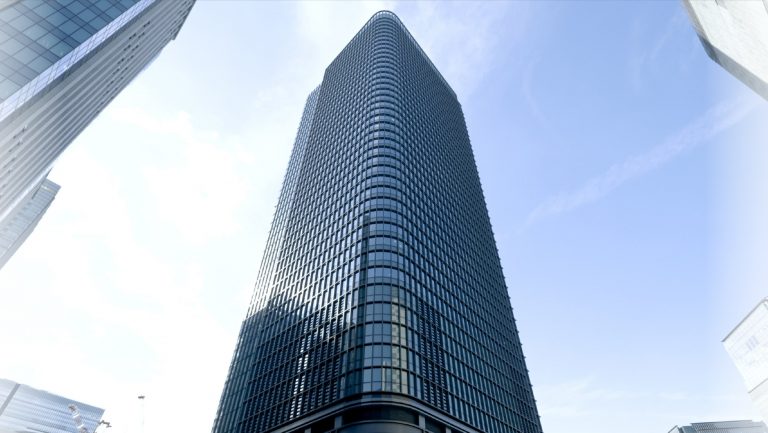
Oct 5, 2023
TOKYO TORCH is a new…
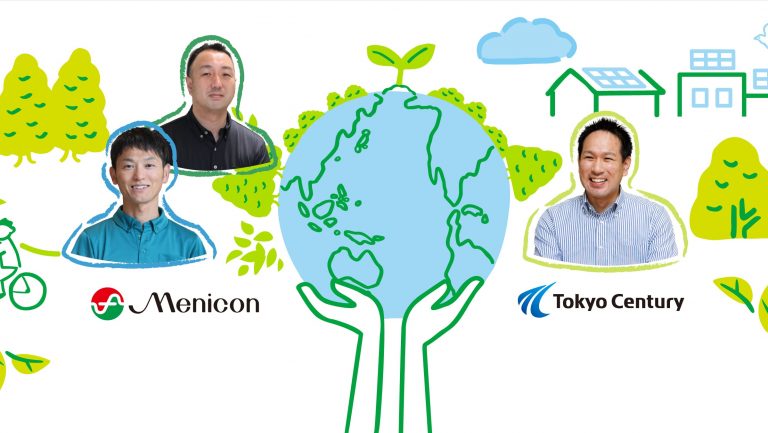
Aug 4, 2023
Tokyo Century launch…
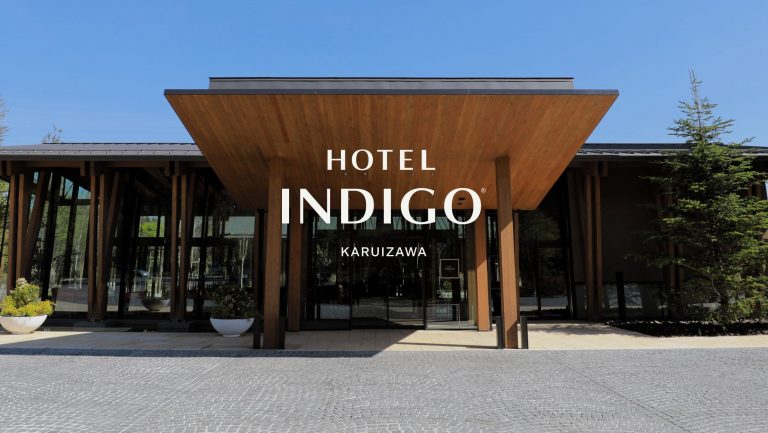
Jul 13, 2022
Hotel Indigo Karuiza…
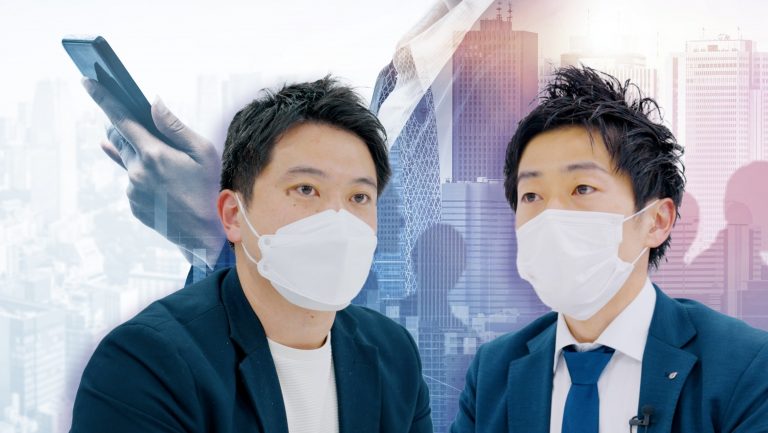
Mar 16, 2022
Smartphones and tabl…


